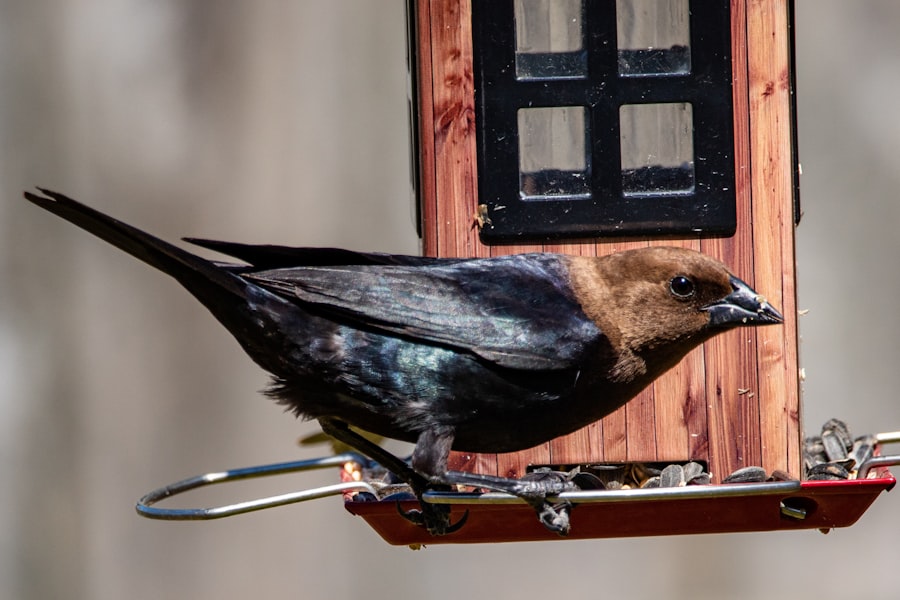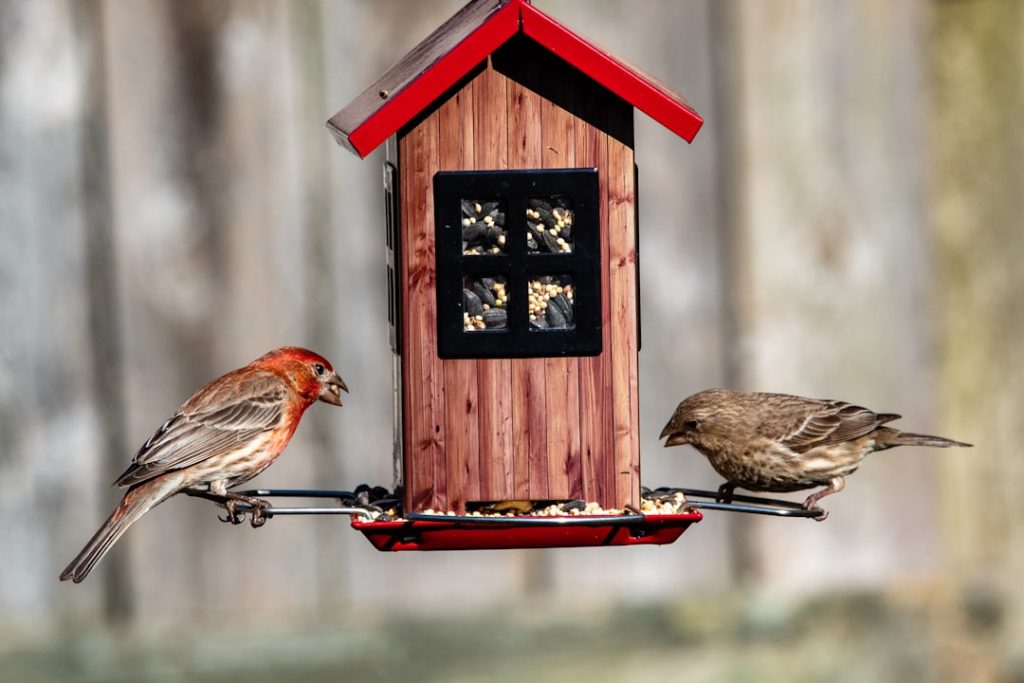Keeping chickens is a fulfilling endeavor for those interested in producing their own food or enjoying the company of these feathered creatures. Essential knowledge is required before embarking on this journey. Chickens need a secure coop and run, a nutritionally balanced diet, regular care, and an understanding of their behavior and health requirements.
Chickens are inherently social and flourish in flocks, necessitating a minimum of two to three birds. A predator-proof and weather-resistant coop is crucial for their safety. Their diet should consist of a balanced mix of grains, proteins, and fresh produce.
Routine maintenance, including coop cleaning, egg collection, and health monitoring, is vital for the chickens’ well-being. Success in chicken keeping relies on comprehending their behavior patterns and recognizing common health issues. By mastering these fundamental aspects, chicken keepers can ensure their flock remains healthy, content, and well-cared for.
This knowledge forms the foundation for a rewarding chicken-keeping experience.
Table of Contents
Key Takeaways
- Chicken keeping requires basic knowledge of their needs and behaviors
- Setting up a coop and run involves providing shelter, nesting boxes, and secure fencing
- Feeding and watering chickens requires a balanced diet and access to fresh water
- Daily care and maintenance includes cleaning the coop, collecting eggs, and monitoring for signs of illness
- Common health issues in chickens include parasites, respiratory infections, and injuries
- Understanding chicken behavior helps in handling, training, and providing enrichment
- Successful chicken keeping involves regular health checks, predator-proofing, and providing a safe and comfortable environment
Setting Up a Coop and Run
Coop Considerations
When setting up a coop, it’s essential to consider factors such as size, ventilation, and predator protection. The coop should provide at least 2-3 square feet of space per chicken, with proper ventilation to prevent moisture buildup. Additionally, the coop should be secure to protect against predators like raccoons, foxes, and birds of prey.
Run Requirements
The run should provide at least 10 square feet of space per chicken, with access to fresh grass and dirt for foraging. It’s crucial to provide shade and shelter within the run, as well as secure fencing to prevent escapes and protect against predators.
Maintenance and Health
The coop and run should be kept clean and free of debris to prevent the spread of disease and parasites. By setting up a well-designed coop and run, you can provide your chickens with a safe and comfortable living environment, ensuring they are happy and healthy.
Feeding and Watering Your Chickens

Feeding and watering your chickens is an essential part of their care. Chickens require a balanced diet that includes a mix of grains, protein, and fresh fruits and vegetables. A good quality commercial feed can provide the essential nutrients that chickens need to stay healthy and lay eggs.
Additionally, chickens should have access to fresh water at all times, as dehydration can lead to serious health issues. In addition to commercial feed, chickens can also benefit from kitchen scraps such as vegetable peels, fruit rinds, and leftover grains. It’s important to avoid feeding them foods that are toxic to chickens, such as avocado, chocolate, or raw beans.
Providing a balanced diet will help to keep your chickens healthy and productive. When it comes to watering your chickens, it’s important to provide clean and fresh water at all times. Waterers should be checked daily to ensure they are clean and free of debris.
During hot weather, it’s especially important to monitor water levels and provide shade to prevent dehydration. By paying attention to their dietary needs and ensuring they have access to clean water, you can help your chickens stay healthy and happy.
Daily Care and Maintenance
Daily care and maintenance are essential for keeping chickens healthy and happy. This includes tasks such as cleaning the coop, collecting eggs, monitoring their health, and providing fresh food and water. Cleaning the coop regularly will help to prevent the spread of disease and parasites.
This includes removing soiled bedding, replacing nesting materials, and disinfecting surfaces as needed. Collecting eggs daily is also an important part of daily care. Eggs should be collected promptly to prevent them from being pecked or broken by the hens.
Additionally, monitoring the health of your chickens is crucial for early detection of any issues. This includes checking for signs of illness or injury, as well as observing their behavior and egg production. Providing fresh food and water daily is another important aspect of daily care.
Chickens should have access to clean water at all times, as well as a balanced diet that includes commercial feed and kitchen scraps. By staying on top of daily care tasks, you can help to ensure that your chickens are healthy and well-cared for.
Dealing with Common Health Issues
Like any animal, chickens can experience a variety of health issues that require attention. Common health issues in chickens include respiratory infections, parasites, injuries, and egg-related problems. Respiratory infections can be caused by poor ventilation or exposure to drafts, leading to symptoms such as coughing, sneezing, or nasal discharge.
Parasites such as mites or lice can cause irritation and discomfort for chickens, leading to symptoms such as feather loss or skin irritation. Injuries can occur from fights between chickens or predator attacks, leading to wounds or broken bones. Egg-related problems such as egg binding or soft-shelled eggs can also occur in hens.
It’s important to monitor your chickens for signs of illness or injury and seek veterinary care when needed. Preventing common health issues in chickens involves providing a clean living environment, regular monitoring of their health, and providing a balanced diet. Additionally, practicing good biosecurity measures can help to prevent the spread of disease within your flock.
By staying vigilant and addressing any health issues promptly, you can help to keep your chickens healthy and thriving.
Understanding Chicken Behavior

Chickens are social animals that thrive in a flock environment, with a complex social structure and established pecking orders. Each chicken has its place in the hierarchy, and understanding this social structure can help you manage your flock effectively. Chickens also exhibit natural behaviors such as scratching, dust bathing, and foraging for food. Providing opportunities for these natural behaviors can help keep your chickens happy and healthy.
Reading Body Language and Building Trust
Understanding chicken behavior also involves recognizing their body language. By doing so, you can identify signs of stress or illness and take prompt action. Moreover, chickens are intelligent animals that can form strong bonds with their human caretakers. Spending time with your chickens can help build trust and strengthen your bond with them.
Creating an Ideal Environment
By understanding their behavior and social structure, you can create an environment that meets their needs and allows them to thrive. This includes providing adequate space, nutrition, and opportunities for natural behaviors, as well as recognizing and addressing any signs of stress or illness. With a deeper understanding of chicken behavior, you can become a more effective and compassionate chicken keeper.
Tips for Successful Chicken Keeping
Successful chicken keeping involves providing a safe and comfortable living environment for your flock. This includes setting up a well-designed coop and run that provides adequate space, ventilation, and protection from predators. Additionally, providing a balanced diet that includes commercial feed and kitchen scraps can help keep your chickens healthy.
Regular care and maintenance tasks such as cleaning the coop, collecting eggs, monitoring their health, and providing fresh food and water are essential for keeping chickens happy and healthy. Understanding common health issues in chickens and seeking veterinary care when needed is also crucial for successful chicken keeping. Finally, understanding chicken behavior and providing opportunities for natural behaviors such as scratching and foraging can help keep your chickens happy and thriving.
By following these tips for successful chicken keeping, you can create a safe and enjoyable home for your feathered friends.
If you’re interested in learning more about keeping chickens, you might want to check out this article on the Hannah Montana Chicken Coop from Poultry Wizard. It provides valuable information on how to set up a coop for your chickens and keep them happy and healthy. (source)
FAQs
What are the basic requirements for keeping chickens?
Chickens require a secure coop or housing, access to fresh water, a balanced diet of feed, and space to roam and forage.
How much time and effort is required to care for chickens?
Caring for chickens requires daily feeding, watering, and egg collection, as well as regular coop cleaning and maintenance. The time and effort required will depend on the size of the flock and the level of automation in the coop.
Are chickens noisy or smelly?
Chickens can be noisy, especially when laying eggs or if they feel threatened. Proper coop maintenance and cleaning can help minimize any potential odor.
What are the common health issues that chickens may face?
Chickens can be susceptible to various health issues such as parasites, respiratory infections, and egg-laying problems. Regular health checks and proper nutrition can help prevent these issues.
Are there any legal restrictions or regulations for keeping chickens?
Local regulations and zoning laws may dictate the number of chickens allowed, coop placement, and other requirements for keeping chickens. It’s important to check with local authorities before starting a chicken-keeping venture.
Meet Walter, the feathered-friend fanatic of Florida! Nestled in the sunshine state, Walter struts through life with his feathered companions, clucking his way to happiness. With a coop that’s fancier than a five-star hotel, he’s the Don Juan of the chicken world. When he’s not teaching his hens to do the cha-cha, you’ll find him in a heated debate with his prized rooster, Sir Clucks-a-Lot. Walter’s poultry passion is no yolk; he’s the sunny-side-up guy you never knew you needed in your flock of friends!







